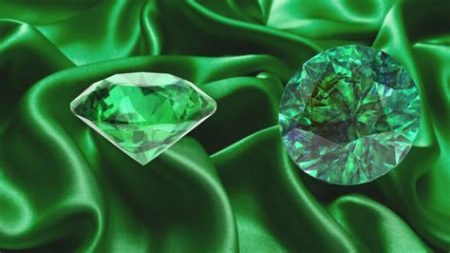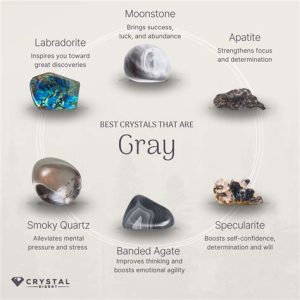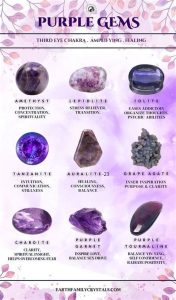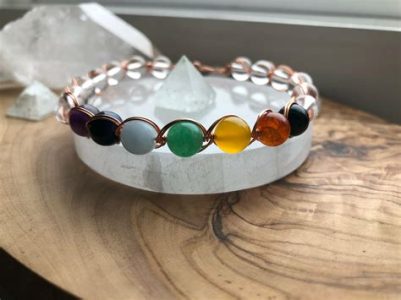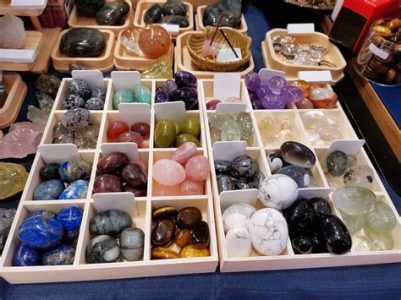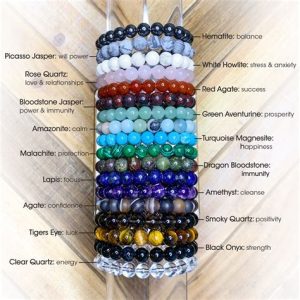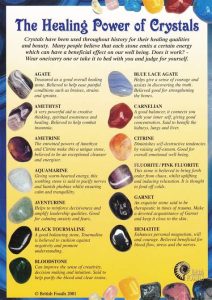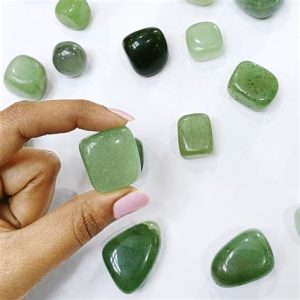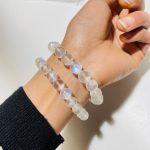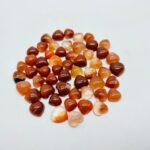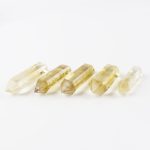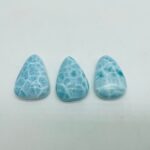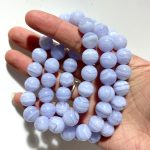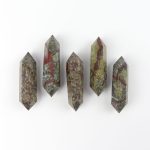Introduction: The Value of Clear Stands
In 2023, the global market for display stands stood at USD 9.5 billion. This figure is projected to reach USD 14.2 billion by 2025, driven by the increasing demand for innovative display solutions. Among these solutions, clear stands have emerged as a versatile and cost-effective option, offering numerous advantages in various applications.
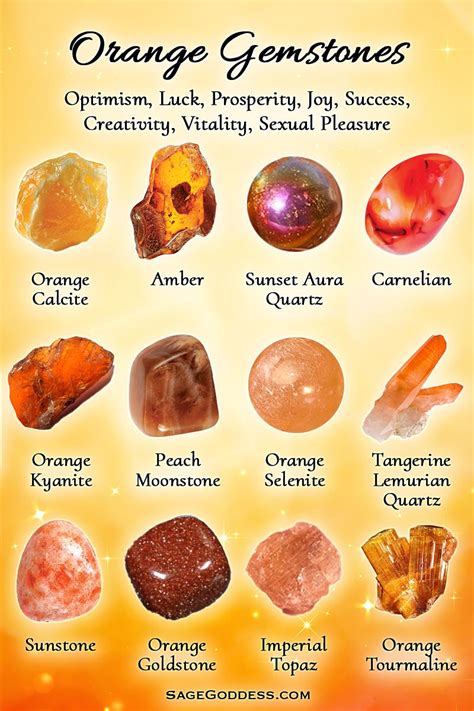
Clear Stand: Acrylic VS Glass
Clear stands are primarily made from two materials: acrylic and glass. While both materials offer clarity and durability, they possess distinct characteristics that make them suitable for different purposes. Here’s a detailed comparison:
Physical Properties:
| Property | Acrylic | Glass |
|---|---|---|
| Composition | Plastic | Silicon dioxide |
| Flexibility | Flexible | Rigid |
| Weight | Lighter | Heavier |
| Clarity | High | Excellent |
Performance:
| Performance | Acrylic | Glass |
|---|---|---|
| Impact Resistance | Excellent | Inferior |
| Scratch Resistance | Moderate | High |
| UV Resistance | Good | Excellent |
| Temperature Resistance | Limited | High |
Advantages and Disadvantages:
| Material | Advantages | Disadvantages |
|---|---|---|
| Acrylic | Lightweight, durable, flexible, cost-effective | Prone to scratches, lower clarity than glass |
| Glass | High clarity, scratch-resistant, UV-resistant, durable | Heavy, fragile, expensive, difficult to manipulate |
Applications:
The choice between acrylic and glass for clear stands depends on the specific application. Here are some examples:
Acrylic:
- Point-of-sale displays
- Jewelry and watch displays
- Cosmetic displays
- Small product displays
- Literature holders
Glass:
- Showcase displays
- Large product displays
- Trophy awards
- Art and picture frames
- Design elements
Step-by-Step Approach: Selecting the Right Material
To ensure the best choice for your application, consider the following steps:
- Identify the purpose: Define the intended use and display environment.
- Assess the requirements: Evaluate factors such as durability, clarity, and weight.
- Compare materials: Review the pros and cons of acrylic and glass.
- Consider the budget: Determine the financial constraints.
- Make an informed decision: Choose the material that best meets your needs.
Effective Strategies: Enhancing Clear Stand Impact
To maximize the effectiveness of clear stands, consider the following strategies:
- Use lighting: Illuminate the display to enhance the clarity and visibility of displayed items.
- Add graphics: Incorporate branding or promotional elements to attract attention.
- Optimize placement: Place the stands strategically to maximize traffic and engagement.
- Maintain regularly: Keep the stands clean and free from scratches or imperfections.
FAQs: Answering Common Questions
1. Which material is more durable?
Glass is more durable than acrylic in terms of scratch resistance and temperature tolerance.
2. Is acrylic or glass more cost-effective?
Acrylic is generally more cost-effective than glass.
3. Can clear stands be customized?
Both acrylic and glass stands can be customized in terms of size, shape, and design.
4. How can I prevent scratches on clear stands?
Handle the stands with care and use soft cloths for cleaning.
5. Can clear stands be used outdoors?
Acrylic stands are less suitable for outdoor use due to their limited UV resistance.
6. Are there any disadvantages to using glass stands?
Glass stands are heavier and more fragile than acrylic stands.
Reviews: Insights from Users
“The acrylic stand is perfect for displaying my products in my store. It’s lightweight and easy to move around.” – Sarah, Retail Manager
“The glass stand is stunning in our office reception area. It adds a touch of elegance and professionalism.” – John, CEO
“I love the custom-designed clear stand for my artwork. It showcases my paintings beautifully.” – Mary, Artist
“The clear stand is a great value for the price. It’s durable and has helped increase sales of our products.” – David, Marketing Manager
Conclusion: The Clear Stand Advantage
Whether made of acrylic or glass, clear stands offer a versatile and effective solution for displaying products, artwork, and other items. By understanding the differences between these materials and carefully considering their applications, businesses and individuals can make informed decisions to maximize the impact of their clear stands. As the demand for clear stands continues to grow, innovative applications and materials will emerge, unlocking endless possibilities for creative and functional display solutions.

